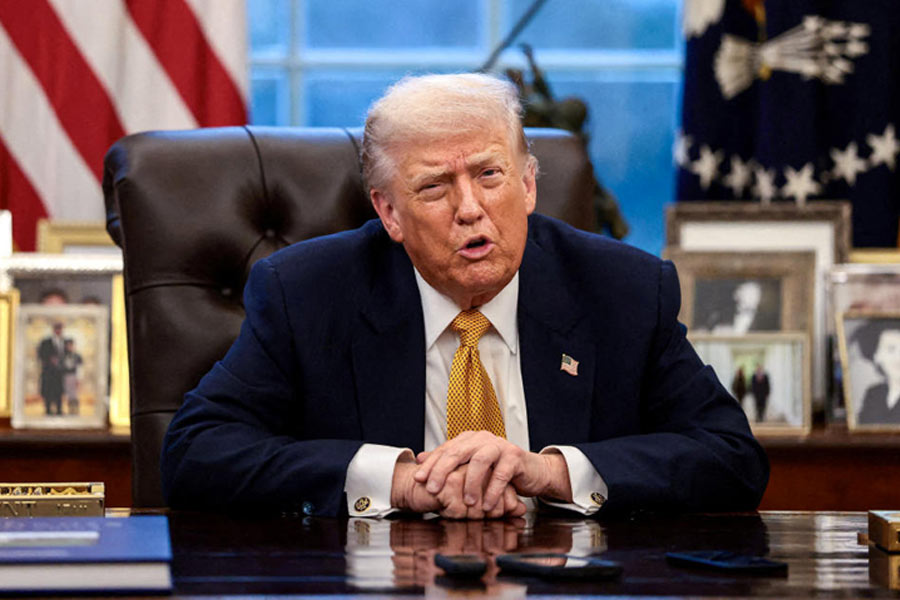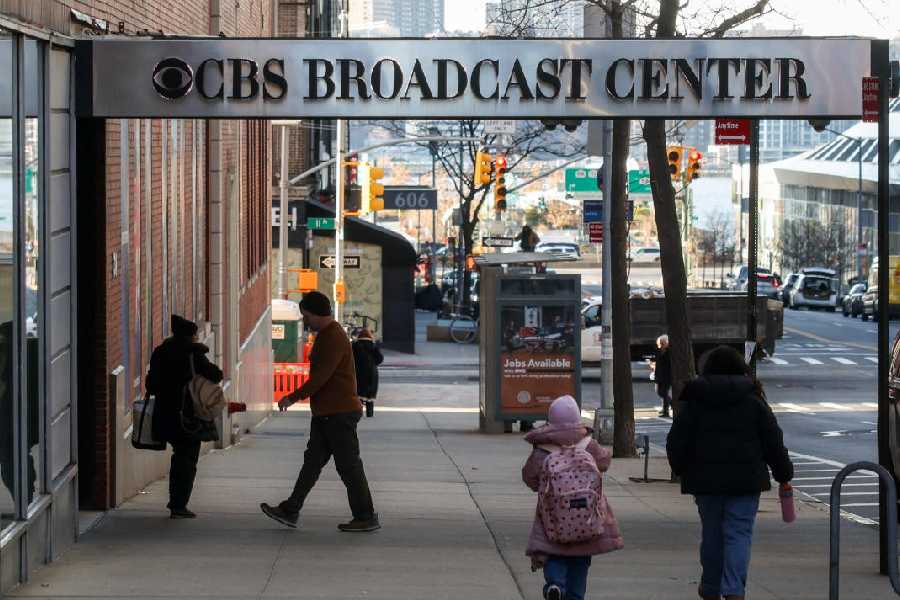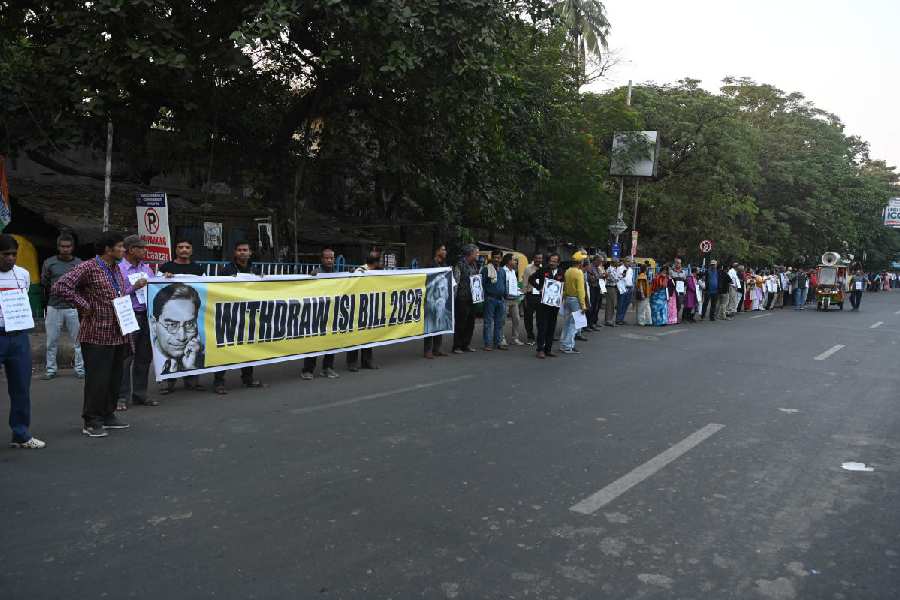The "high-powered" committee set up to probe the collapse of the Vivekananda Road flyover has decided to fix responsibility for the crash and take "proper action" against those responsible for the tragedy.
The committee, headed by chief secretary Basudeb Banerjee, also decided that two former professors of IIT Kharagpur - Anandapran Gupta and Swapan Majumdar - would be asked to find out whether any design or construction flaw had led to the March 31 collapse.
The duo - Gupta was a professor of civil engineering and Majumdar of structural engineering - will also assess the stability of the structure and run a scan on the quality of construction materials used.
"The IIT experts will submit their report this month, after which the committee (headed by the chief secretary) will decide on the course of action. The inquiry to fix responsibility will be on simultaneously," an official said after the "high-powered" panel met for the first time on Wednesday.
Gupta and Majumdar, who attended Wednesday's meeting, sought details related to the drawing plan and location plan of the flyover. The location plan would throw light on what prompted the government to decide on building a flyover over a congested place like Posta.
The chief engineer and executive engineer of the Calcutta Metropolitan Development Authority, the implementing agency of the flyover, have been suspended.
A section of officials said the two engineers might be made scapegoat to protect the real culprits, who enjoy political patronage.
"Usually, the chief engineer and the executive engineer sign all the papers.... So on paper, obviously, they are responsible for the collapse. But they must have acted at someone's behest. Who was that person?" said a senior official who refused to be named.
"Politicians who force engineers or officials to engage syndicates will always go scot free because they do not leave any paper trail. All orders are issued verbally. If the government really wants to unmask the true culprits, then the probe must be handed over to an agency like the CBI."
The apprehension that people with political links would be spared is gaining ground because of the fact that the police have not yet questioned Rajat Baksi, a sub-contractor of the flyover project and cousin of local Trinamul leader Sanjay Baksi.
Rajat, who has no experience of building a flyover, had been assigned the task of laying the casting deck of a part of the structure on the night of March 30. Hours later, the stretch came crashing down.
Ninth arrest
A ninth official of IVRCL, the Hyderabad-based firm which was building the Vivekananda Road flyover, has been arrested for the crash.
Ranjit Bhattacharya, assistant vice-president (eastern region), was arrested a day after he was discharged from hospital on Tuesday. He had got admitted to the hospital with "anxiety" soon after the flyover collapsed.
"Ranjit Bhattacharya is the head of all operations in Calcutta," joint commissioner (crime) Debasish Boral said.
Sleuths said the Baghajatin resident has claimed innocence. "He said he was looking after finance and had no clue about the operational side. But his academic background - an MTech from IIT Kharagpur - suggests he is a technical person," a member of the investigation team said.
Police sources said Bhattacharya had "primary culpability". Tanmoy Seal, an assistant general manager (projects) of IVRCL, who is behind bars, reported to Bhattacharya.
A team of sleuths went to the company's Anandapur office on Wednesday and collected samples of the materials used for building the flyover.
The police have also sought the opinion of RITES - a central government engineering company - on the collapse.
The police are considering three possible reasons for the collapse.
"Faulty design, sub-standard materials or flawed execution. A fourth reason could be a combination of these three or any two," an IPS officer at Lalbazar said.











